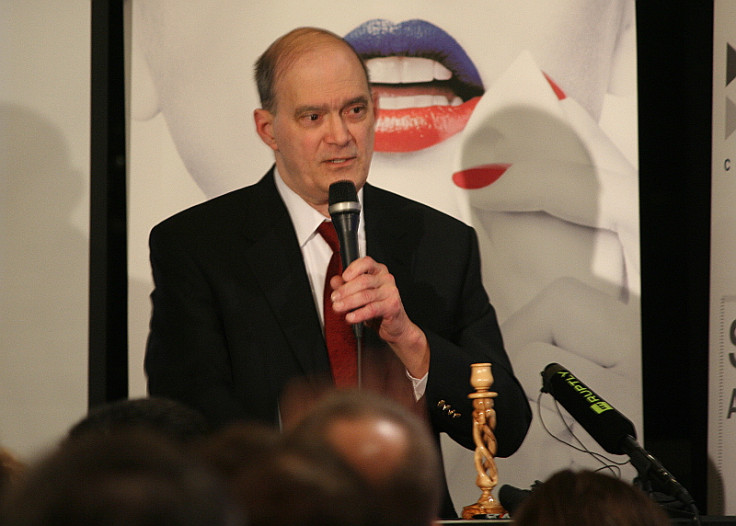Snooper's Charter: Why former UK spy chief is still a supporter of mass surveillance
Before 2013, not many people were aware of the extent government surveillance had already been established behind closed doors. With bulk policies in place, sometimes without parliamentary approval in the UK, cyber spooks were monitoring phone calls, text messages and internet activity long before Edward Snowden blew the whistle.
Now, more evidence has emerged that 'bulk collection' policies have been at the very heart of intelligence gathering for years. Sir David Pepper, who managed GCHQ between 2003 and 2008, has voiced support for the Investigatory Powers Bill – also known as the Snoopers' Charter – by reminding the public these powers are nothing new.
"Bulk collection and analysis techniques have for many years been central to the agencies' efforts against many serious threats," he said in a written submission to the UK parliament dated 28 April. "The purpose of this legislation is a matter not of giving the agencies new capabilities, but of providing a modern framework that will enable them to continue to use their existing ones in the new environment."
Pepper, who left his position five years before the Snowden disclosures hit the headlines, raised strong objections to comments made by former NSA computer expert William Binney – a man who, in recent years, has become a vocal opponent of how intelligence agencies conduct widespread surveillance.
During oral evidence to the UK parliament, Binney, who worked at the NSA for more than 30 years before retiring in 2001, claimed NSA spooks have become overwhelmed with the amount of data collected and argued for a more targeted approach.
"Two main lines of attack on the need for these powers have to be countered... [Binney's] analysis is completely misleading in the current UK context," Pepper countered. "The techniques that we have developed over many years allow for the effective collection of these large volumes and for their targeted analysis in the intelligent search for connections and networks... far from being overwhelmed, the agencies are able to make effective use of the collected data and have had regular successes."

'Pure fantasy'
Pepper slammed Binney's proposed 'targeted' approach to bulk collection and said it would "make it impossible to work backwards and outwards from the discovery of a new threat." He added: "The second type of attack involves assertions that the agencies use these powers to study large numbers or random selections of British citizens, building profiles of them or analysing their behaviour. This is pure fantasy."
The Snoopers' Charter has been met with a mixed reception. Its most vocal critics are, perhaps predictably, privacy advocacy and human rights groups. However, even inside the halls of parliament the bill has its opponents. Labour's Andy Burnham has said: "The truth is we are some way from finding a consensus in the form that this legislation should take. We've recognised the country needs a new law but I've also said that the government's bill is not yet worthy of support. There are significant weaknesses in this bill."
In any case, with the current surveillance legislation – the Data Retention and Investigatory Powers Act 2014 – expiring at the end of this year it is looking increasingly likely the law will be passed regardless of the mounting criticism.
© Copyright IBTimes 2025. All rights reserved.






















